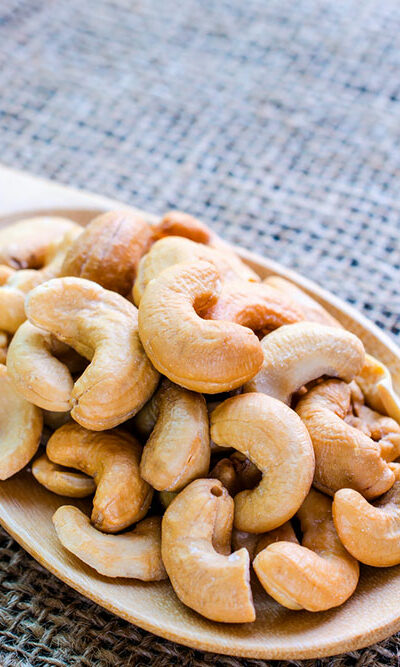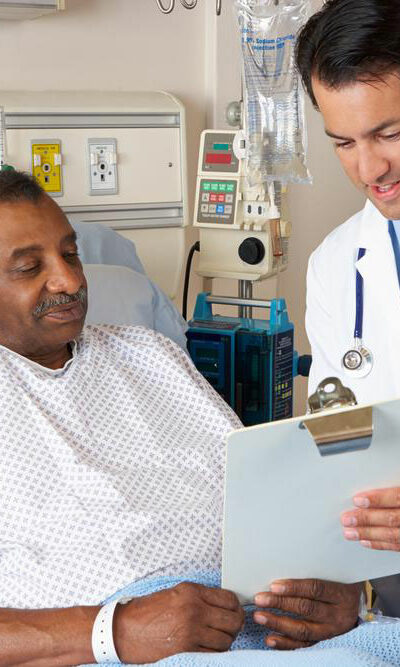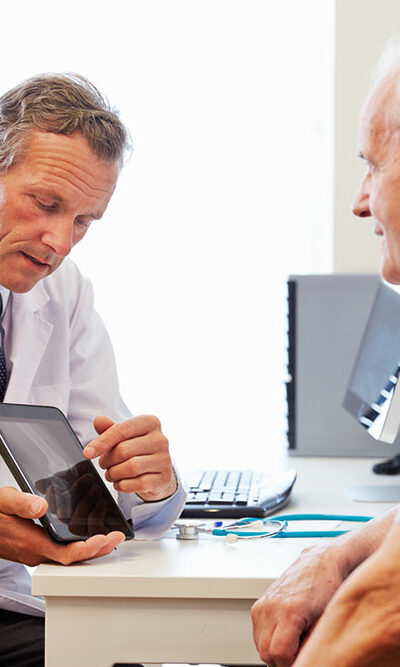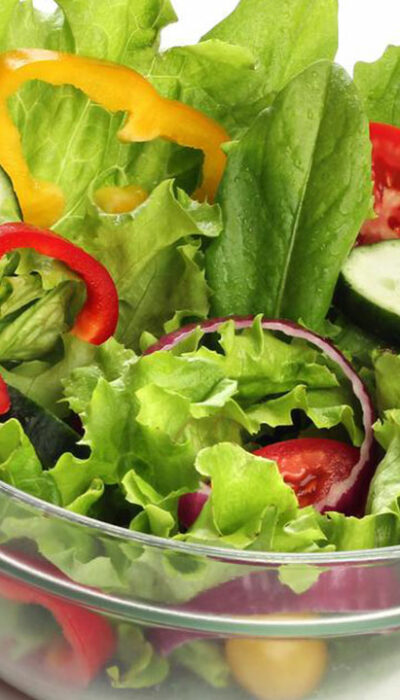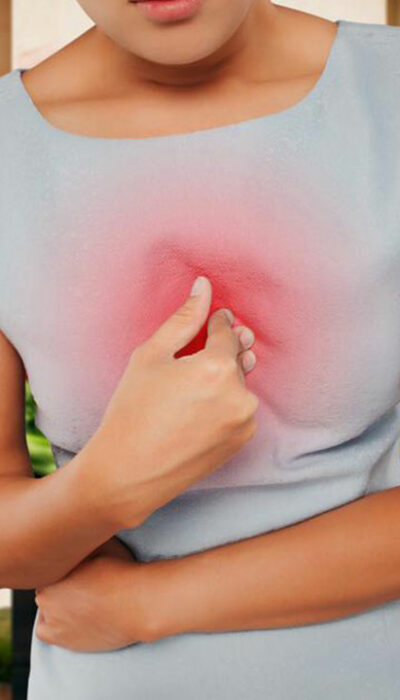
Everything You Need to Know About Heartburn
Heartburn, also known as acid reflux, occurs when the contents of the stomach move in a backward motion and into the esophagus. A severe form of acid reflux is known as gastroesophageal reflux disease (GERD). Heartburn or acid reflux is a common digestive condition which affects more than 60 million Americans at least once in 30 days, with more than 15 million Americans experiencing this phenomenon every day. There are different heartburn symptoms and signs, the most common one being a burning sensation in the chest. The feeling in the stomach radiates up to the mid-chest or throat. It may also cause a bitter taste in the back of the mouth and often lead to struggle while swallowing and in some cases, it is known to develop breathing problems too. Occasional heartburn is quite common and does not point to anything specific. Majority of the people are able to manage the discomfort caused by heartburn by introducing certain lifestyle changes along with some over-the-counter medications. However, if heartburn is more frequent and interferes with the daily routine, it is an indication pointing to a more serious condition that requires medical attention. Common heartburn symptoms and signs A burning sensation in the upper body, just behind the breastbone that starts immediately after eating and lasts for a few minutes to several hours Chest pain that becomes severe especially after lying down, bending over, or eating A burning sensation in the throat Consistent cramps experienced in the upper abdomen Dry mouth Gum irritation along with tenderness and bleeding Tooth erosion Pain or swelling in the throat Unpleasant breath because of slight regurgitation of acidic foods Bloating Burping or passing gas after meals Sometimes acid in the stomach can escape from the stomach and can make its way into the back of the throat.


